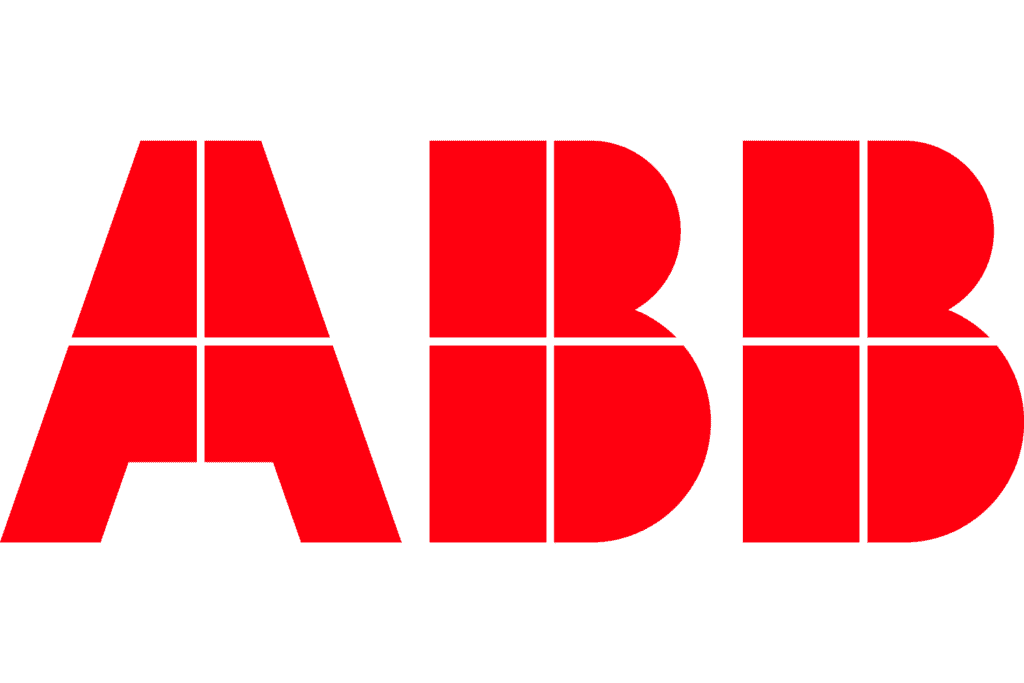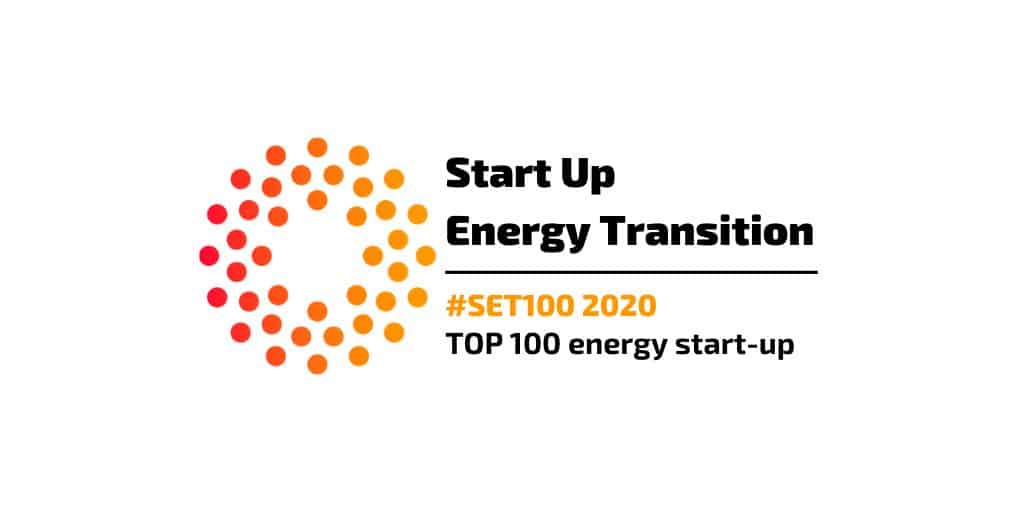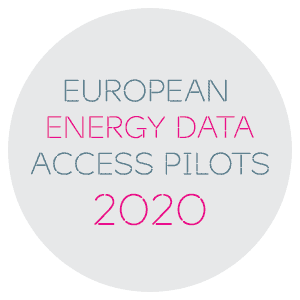27/06/2024

We’re excited to announce that our EV connectivity platform now has a new added feature available: the Charge Sessions API.
The Charge Sessions API offers an overview of an electric vehicle’s charging sessions. It enables the platform user to see when, where and how much a vehicle charged and is available as an add-on for any vehicle connected to our platform. re.alto is able to obtain this data from the car with no need for any additional hardware, and we provide this information in a very standardised way for various car brands on the market, making it a versatile and very useful product for those in need of EV charging data.
Using our own Readings API, re.alto’s platform is now automatically able to derive a vehicle’s charge session data based on various information collected from the car, such as its real-time location at all times, the battery state of charge and whether it is currently plugged or not. Our solution spares development time and saves the platform user from having to figure out how to standardise and use all this different data together themselves. This feature is ideal for anyone either building apps relating to EV charging or managing fleets of EVs. Any app that you want to connect with an electric car can very easily determine from this product when a charge session was happening, how much the vehicle was charged and even the location where the charging took place. It enables our platform users to see when a charging session has started and ended, how much the vehicle’s battery was charged, how fast the vehicle was charging and how much energy was consumed in the session. The start and end value of the battery is displayed as a percentage (%), the charge speed is shown in kilowatts and the charge total is displayed in kw/h. This is very useful for apps focusing on dynamic tariffs and/or energy and cost optimisation, for example, to determine when the best time to charge the vehicle is.
For employers/mobility service providers, the Charge Sessions API also offers numerous advantages. The ability to communicate charge session data and determine where a charging session took place is useful for employers wanting to reimburse their employees for their electricity costs for charging at home. Also, when it comes to saving money on charge poles in a company carpark, the charging behaviour of your drivers will ultimately affect how many charge poles you need to offer at your parking facility. If a driver hogs a charge pole all day (or for far longer than necessary to charge their vehicle), you will end up purchasing a larger number of charge poles in order to comfortably accommodate all EV drivers. In collecting state of charge data, re.alto can determine when a car parked at work is fully charged and can inform that driver, so that they can move their vehicle and free up the charge pole for the next user (who we can then also alert to the fact that a pole has now become available!). Improving driver behaviour is a much cheaper and more efficient solution than installing an excessive number of expensive charge poles, especially as EV fleets are expected to continue to grow. Another issue that our charge session API can help alleviate for employers/mobility service providers/fleet managers is the range anxiety of their EV drivers, which often causes these employees to demand an EV with the largest battery pack option available – which is usually the most expensive and is often excessive for their average usage. Analysing charge session information can help employers/fleet managers monitor battery usage and determine whether such a large battery is really necessary for their next electric vehicle order.
With our standardised and versatile APIs, you can save development time and focus on delivering value to your customers. The Charge Sessions API is an optional add-on available through our EV connectivity platform and is ideal for those building an app related to EV charging or for those managing a fleet of EVs / mobility service providers. This feature is currently still in the beta phase while we work on adding a guided onboarding option aimed at non-developers, but if you are interested in accessing it now, please reach out to our team for more information on how to do so, and we’ll be happy to assist you.
Example from Charge Sessions API:












